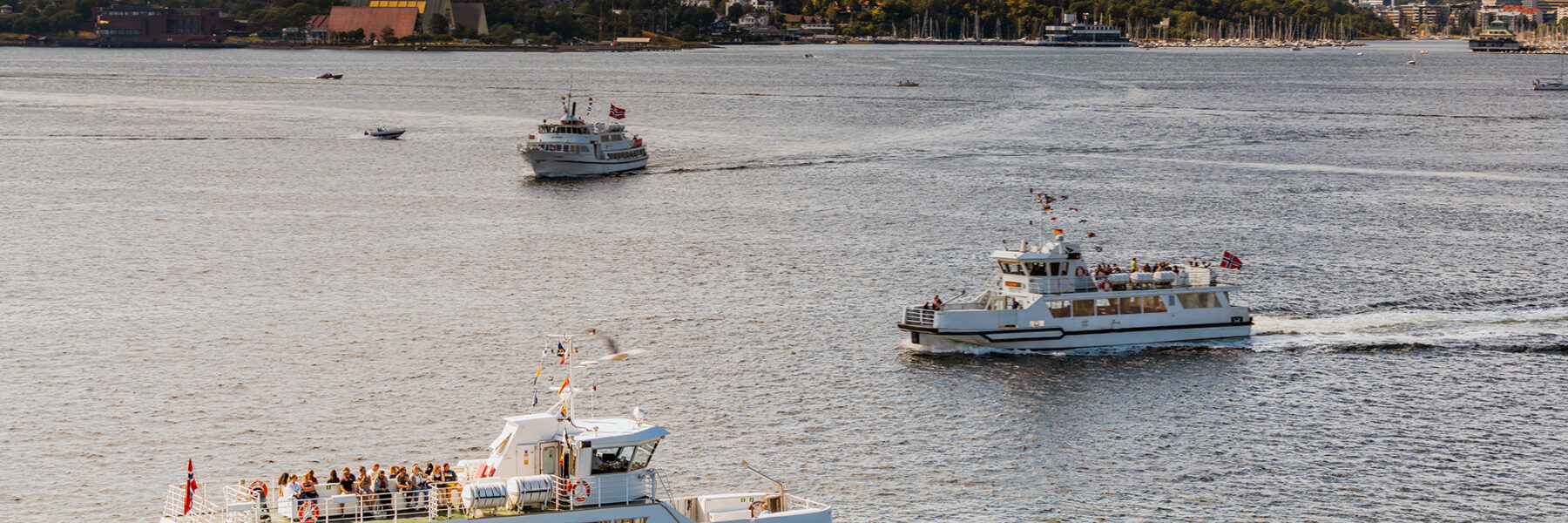
Pump out stations for cleaner seas
Introducing pump-out stations near ports can significantly improve local well-being and reduce environmental impact. Our neighboring country, Sweden, has recognized the value of this initiative.
The Earth's blue heart, which provides us with food, oxygen, water, and lifelong experiences, is about to stop beating.
According to the World Wildlife Fund (WWF), we have lost over one-third of the wonderful, beautiful, and important creatures that live in the ocean in the last 50 years.
They further state that the causes of the problems in the ocean are many and complex. Overfishing, plastic pollution, destruction of the seabed, acidification, and pollution are among the threats driving the oceans towards collapse.
- Decline in fish stocks that we harvest since 1970: 50%
- Year when the oceans are so warm that corals die: 2050
- Amount of plastic ending up in the ocean every minute: 15 TONS
Source: WWF Save all nature now. For everyone. Forever – WWF
Pollution of the oceans originates from multiple sources and poses a complex challenge. According to WWF's website, overfishing, plastic pollution, destruction of the seabed, acidification, and pollution are among the threats pushing the oceans towards collapse. Due to the complexity of this issue, comprehensive measures are needed to address it. Unfortunately, the Oslo Fjord has been transformed from a thriving ecosystem into an underwater desert, as stated by WWF.
Stop the pollution of the fjords
Several coastal municipalities are now collaborating closely to tackle pollution in the fjords. The Climate and Environment Minister intends to implement a ban on emptying septic tanks from recreational boats as soon as possible. Some may argue that pollution from recreational boat’s septic tanks is modest and unnecessary to regulate. However, the problem is that wildlife and humans are more exposed to septic from boats than from other sources. Furthermore, pollution from recreational boats mainly occurs in the summer, when wildlife and humans are most reliant on the sea. It occurs in the upper warm water layer, where almost all activity takes place.
There are many indications that the regulation of the 300-meter limit from land for boat discharge is too low, and changes, similar to those made in Sweden, are necessary. An emission 300 meters from land takes only minutes to reach the beach with the right current. Septic from boats poses a health risk to humans and animals due to different bacteria (such as E. coli), viruses and pathogens. Such emissions also carry phosphorus and nitrogen and may contain environmental toxins such as PCBs, cadmium, and lead. These are substances that do not disappear and are not washed away
Clean sea in Stockholm Harbor
In Sweden, it is illegal to discharge the contents of septic tanks into the sea, regardless of the size of the vessel. This regulation is in place to protect the marine environment. Pump-out stations in Sweden need to be dependable and sturdy to accommodate high usage, especially during the busy summer season.
Jets has delivered seven pump-out stations to Stockholm Harbor, catering to both recreational boats and large ferries. Jets was chosen as the supplier based on their strong track record of reliable deliveries and positive relationships. Our pump-out stations met the diverse requirements for capacity and reliability that were crucial for Stockholm Harbor.
All the pump-out stations in Stockholm were equipped with the 65MBA pump twelve years ago. The current equivalent is our newer Edge Large pump. Our Edge series of Vacuumarator® pumps offer maximum power and capacity with low energy consumption, representing a significant advancement in vacuum technology.
Unique Vacuumarator® pump
Regardless of the size of the pump-out station, the technology inside is the same: our Vacuumarator® pump. This is a unique vacuum pump that can create vacuum (suction), grind-, and transport sewage, all in one operation. The pump is used in cruise ships, offshore boats, and large buildings, and has provided years of stable operation and water-saving sanitary systems.
Jets provides complete pump out stations that encompass pumps, cabinets, and all the necessary components to ensure improved water quality. The cabinets of our pump-out stations have undergone rigorous testing in challenging offshore and platform conditions. Our pumpout stations are constructed to withstand Nordic climates and are designed for long-lasting durability.
Positive ripple effects
All efforts aimed at protecting nature have a ripple effect and can facilitate the implementation of further environmentally friendly measures. If presented with the option of docking at a polluted harbor or a clean one, the preference would undoubtedly be for the latter.